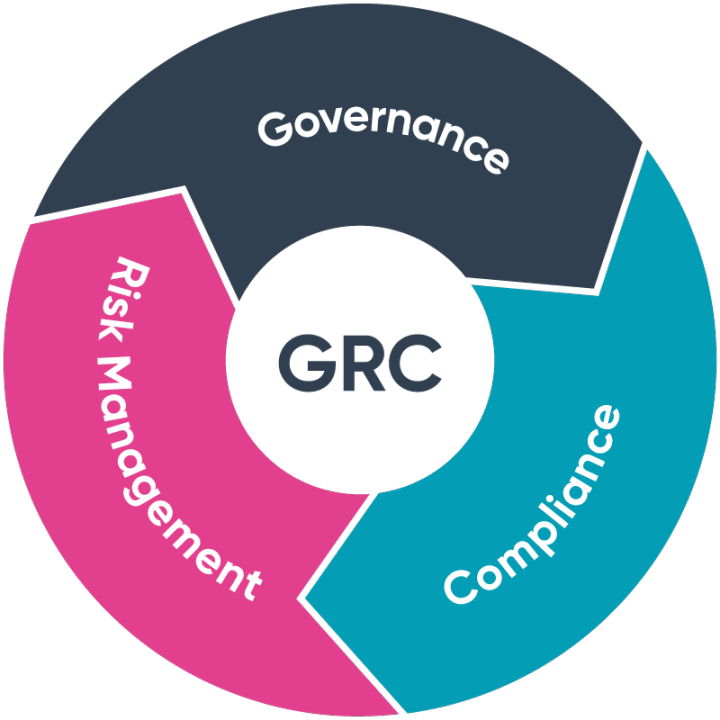
What is HIPAA Compliance?
In an era where healthcare data is increasingly being digitized and shared, protecting patient information has become a top priority for healthcare providers and organizations. The Health Insurance Portability and Accountability Act (HIPAA) is a federal law enacted in 1996 to safeguard patients’ medical records and other personal health information (PHI). HIPAA Compliance refers to the efforts made by healthcare entities to adhere to the regulations and requirements outlined in the law, ensuring the security and privacy of patients’ sensitive information.
The primary goal of HIPAA is to protect the privacy and confidentiality of individuals’ health information, while also allowing for the seamless exchange of essential data within the healthcare industry. The law outlines various standards and rules that healthcare providers, health plans, and healthcare clearinghouses (known as covered entities) must follow to achieve HIPAA Compliance. Additionally, specific business associates, such as third-party vendors and contractors, are also required to comply with certain provisions of HIPAA if they handle PHI on behalf of covered entities.
HIPAA Compliance addresses three main areas: the Privacy Rule, the Security Rule, and the Breach Notification Rule. Let’s delve into each of these key components:
- Privacy Rule:
The Privacy Rule establishes national standards for the protection of individuals’ PHI. It grants patients with certain rights, such as the right to access and obtain a copy of their health records, request corrections to inaccuracies, and be informed about how their information is used and disclosed. Covered entities are required to develop policies and procedures that ensure patient privacy and train their staff on handling PHI appropriately. The Privacy Rule also limits the sharing of patient information without consent and requires covered entities to obtain written authorization for any disclosures that are not part of routine healthcare operations.
- Security Rule:
The Security Rule focuses on the protection of electronic PHI (ePHI) and sets standards for safeguarding this type of information. It requires covered entities to implement administrative, physical, and technical safeguards to ensure the confidentiality, integrity, and availability of ePHI. Administrative safeguards include the development of security policies and procedures, workforce training, and regular risk assessments. Physical safeguards encompass measures such as facility access controls and secure device storage. Technical safeguards involve implementing measures like encryption, access controls, and regular system audits. The Security Rule aims to ensure that organizations implement comprehensive security measures to prevent unauthorized access, disclosure, alteration, or destruction of ePHI.
- Breach Notification Rule:
The Breach Notification Rule mandates covered entities to notify affected individuals, the Department of Health and Human Services (HHS), and, in certain cases, the media, in the event of a breach of unsecured PHI. A breach is defined as the unauthorized acquisition, access, use, or disclosure of PHI that compromises the security or privacy of the information. The Breach Notification Rule establishes specific procedures and timelines for reporting breaches to ensure transparency and allow individuals to take appropriate action to protect themselves.
HIPAA Compliance is not optional. Failure to comply with the regulations can lead to severe consequences, including significant fines and penalties. The Office for Civil Rights (OCR) within the HHS is responsible for enforcing HIPAA Compliance and conducting audits to ensure covered entities and business associates are adhering to the law’s requirements.
To achieve HIPAA Compliance, organizations must implement a combination of administrative, technical, and physical safeguards to protect PHI. This may involve conducting regular risk assessments, developing comprehensive security policies and procedures, training staff on privacy and security practices, ensuring secure access to data through authentication and authorization mechanisms, encrypting data during transmission and storage, and implementing intrusion detection systems and firewalls. Additionally, organizations should have contingency plans in place to respond to and recover from security incidents and data breaches.
Maintaining HIPAA Compliance is an ongoing process, as the healthcare landscape and technology continue to evolve. Organizations must stay abreast of any updates or changes to the regulations and reassess their security measures accordingly. Regular audits and risk assessments are essential to identify and address any vulnerabilities and ensure ongoing compliance.
In conclusion, HIPAA Compliance is crucial to protect the privacy and security of patients’ health information. Covered entities and business associates must adhere to the regulations outlined in the Privacy Rule, Security Rule, and Breach Notification Rule to safeguard PHI effectively. By implementing robust security measures, developing policies and procedures, and training staff appropriately, healthcare organizations can demonstrate their commitment to patient privacy and compliance with HIPAA. Ultimately, HIPAA Compliance plays a crucial role in building trust between patients and the healthcare industry, ensuring that sensitive health information remains confidential and secure.
Contact Cyber Defense Advisors to learn more about our HIPAA Compliance solutions.




